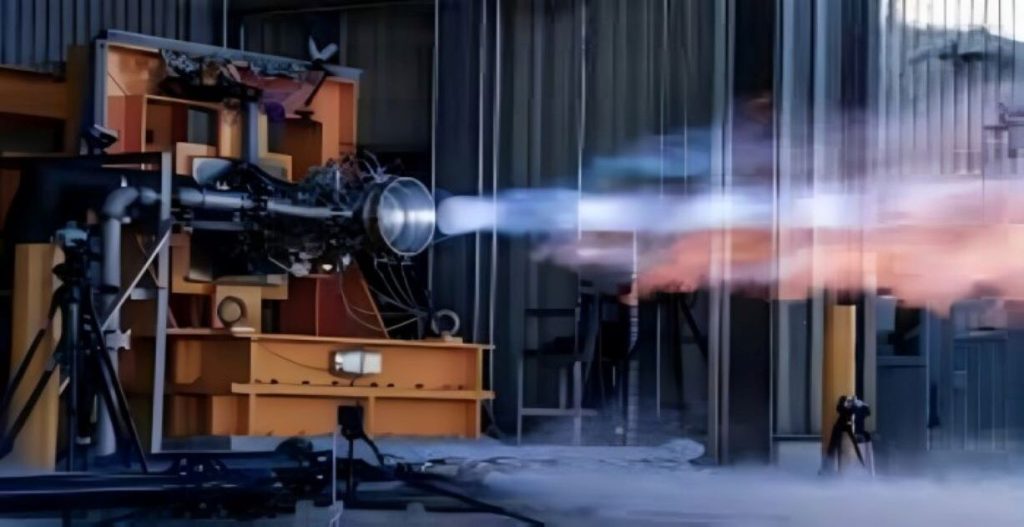Innovation at its Finest: Japanese Startup Launches Cow Dung-Powered Rocket
Our Recent News Trends

A rocket utilizing liquid methane derived from cow dung has been unveiled by a Japanese space startup. This marks the first instance of liquid biomethane (LBM) being tested as a rocket fuel, potentially opening the door to a more environmentally friendly alternative.
Interstellar Technologies, the Japanese startup, recently conducted a 10-second “static fire test” of its Cosmos engine for the ‘Zero rocket’ at the Hokkaido Spaceport. They also released a video of the test, showcasing the viability of the fuel, which is both clean and abundantly available.
In a statement issued on December 7, the startup revealed that the rocket was developed through the collaborative efforts of individuals from Tokyo University and JAXA Space Innovation.
Interstellar stated, “The number of components has been reduced to one-tenth of conventional engines, fundamentally lowering the manufacturing costs of a rocket engine, estimated to constitute half of the overall expenses.”
According to the company’s release, the ongoing series of static fire tests is expected to accelerate progress in the development and production of a 130kN-class operational model.
The Japanese startup has ambitious plans for the future, aiming to utilize this innovative rocket engine to launch satellites into low-Earth orbit.
Experts have long highlighted the environmental impact of rocket launches, particularly those powered by oxygen and kerosene fuel. These launches have been associated with the release of black soot into the upper atmosphere, where the particles can persist for years. This significantly contributes to global warming and poses a threat to the fragile ozone layer.
It is worth noting that the concept of utilizing methane derived from cow dung as a fuel source is not new, as farmers around the world already use it to heat their homes. However, this is the first time that the fuel is being considered for powering a space rocket, demonstrating the versatility of cow dung as a sustainable resource.


